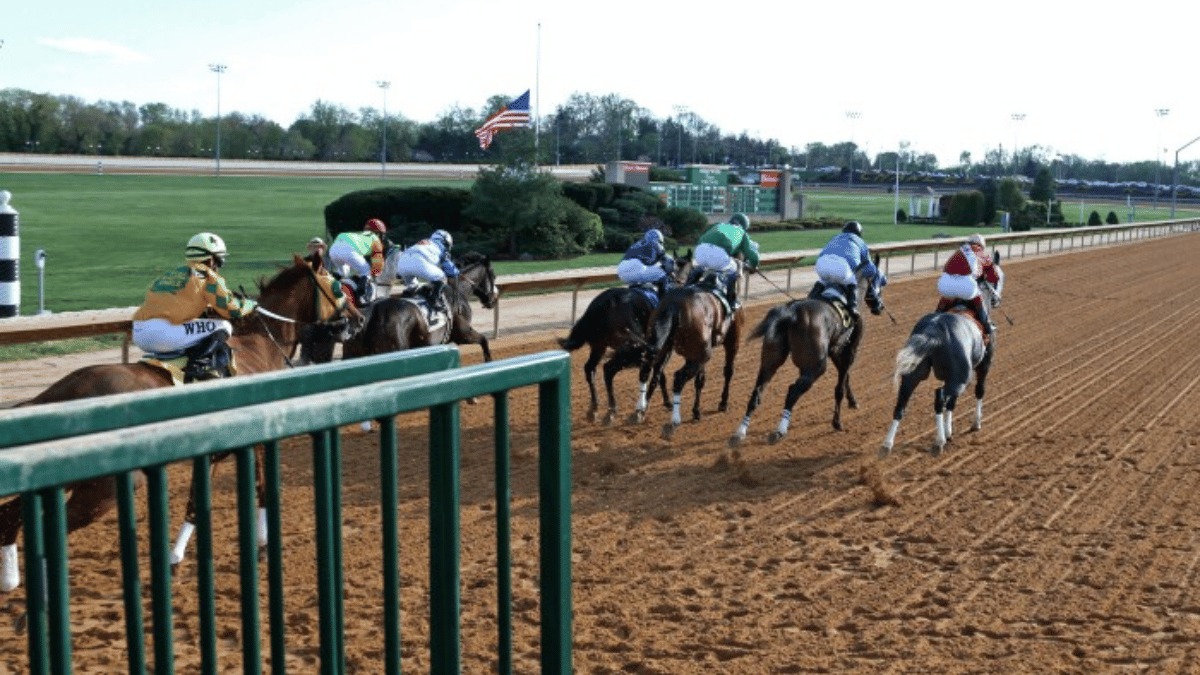The federal Horseracing Integrity and Safety Act’s anti-doping program went into effect Monday.
The act creates safety programs and regulates medication for racehorses statewide. It was previously ruled unconstitutional by the 5th U.S. Circuit Court of Appeals last November. The court ruled the act gave too much power to the Horseracing Integrity and Safety Authority and not enough to the Federal Trade Commission.
In response, Congress granted the FTC the authority to oversee the agency. It has now reached agreements with all state commissions and tracks that feature live racing.
West Virginia and Louisiana filed an injunction against the agency in July, keeping the act from being fully implemented while federal proceedings continued. West Virginia Attorney General Patrick Morrisey had previously made statements against the agency’s legality.
A stay from the appeals court halted the injunction, though a revised ruling still blocked certain rules involving access to track records and facilities, calculations of fees paid to the agency by the states and definitions on which horses were covered by regulations.
Days after the original suspension of the rules took effect, a horse collapsed during a race at Mountaineer Casino, Racetrack & Resort in New Cumberland and had to be euthanized.
West Virginia has two horse racing venues: the Mountaineer Racetrack & Resort and the Hollywood Casino at Charles Town Races.
